When it comes to storing certain food items that require refrigeration to keep fresh it can be a challenge. Meat is one of them. Meat in the usual form we consume needs to be kept in the fridge for short term storage and in the freezer for longer term storage.
Meat is an essential protein source for many people and definitely helps in maintaining a balanced diet.
Finding ways to store meat when you’re off grid are important to consider in order to avoid wasting meat as it spoils quickly. There were numerous ways that humans have stored meat before fridges were invented and some of these methods can still be useful for us today.
Most of the time it is the form that the meat is stored that makes all the difference. If meat is no longer in its fresh form and is processed in a particular way it does not need refrigeration to be kept fresh.
We have found some of the best ways of storing meat without electricity so that you don’t have to find them by trial and error.
Using Salt To Cure Meat Your
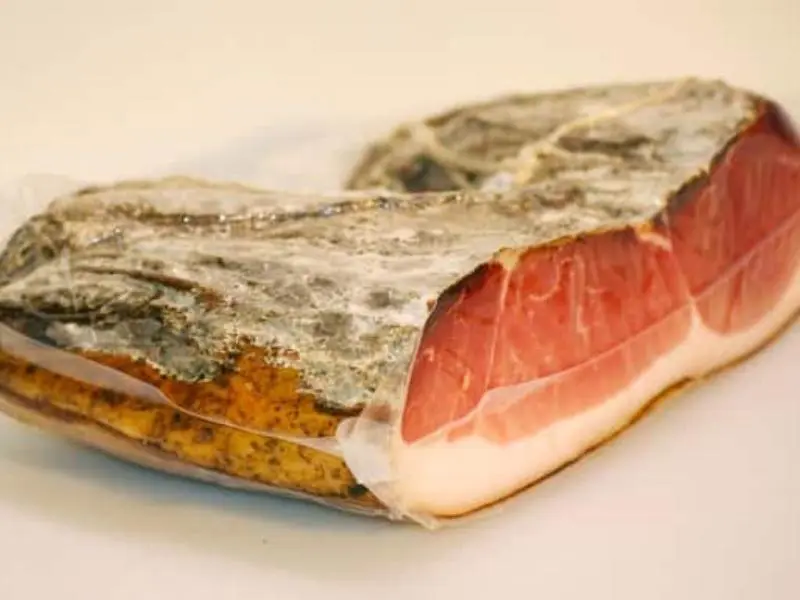
Salt has been extremely valuable throughout history and that came from its ability to preserve food. It stopped the need for us to be dependent on seasonal foods and allowed food to be transported over long distances without spoiling. This method is still valid today.
If you salt cure your meat it can last 2 weeks unrefrigerated for the average cured meat but an option like salt pork can last 4-5 months if prepared and stored correctly. Curing works by the salt drawing out the moisture from the meat making it less likely to spoil as it becomes inhospitable for bugs.
Some common cured meats you may be used to seeing in the shops including prosciutto and parma ham. These meats are cured using curing salt and then they are hung to dry out. These options will not last too long without refrigeration so they may not be the best long term solution.
A good option for living off grid is salt cured meat like salt pork. This option is much longer lasting. It is achieved by packing the meat in salt and adding some other herbs, spice and brown sugar. This method helps keep air out while it is going through the process of curing.
Once the curing is complete the meat is preserved. If you find the coldest area in your home or bug out location to store it you can keep it for a good period of time.
Brining Your Meat
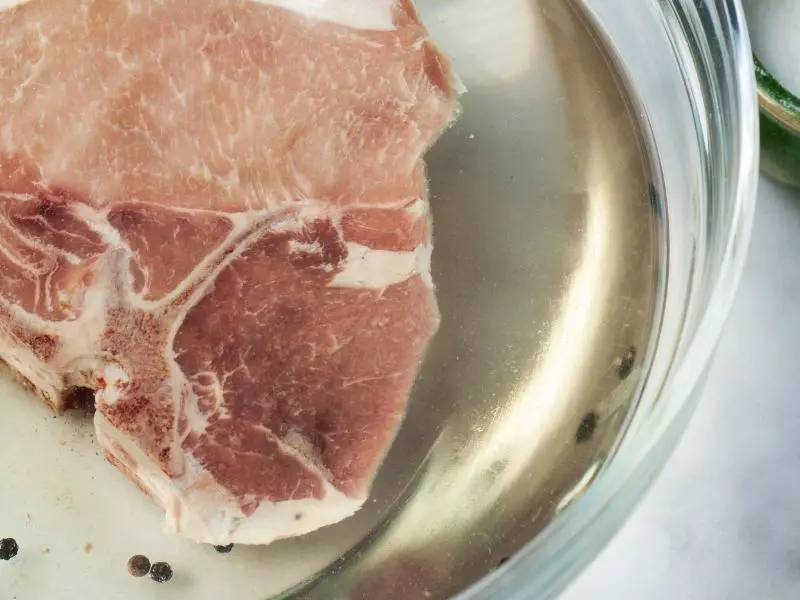
Brining is another method for storing meat in a liquid form. This is seen as a pickling substitute that allows you to keep meat for at least a month if the method is properly followed. The brine solution and meat will need to be kept in a cool and dry area to avoid getting too hot.
It is also important to use a properly sterilized container to store the meat and solution in to make sure no microbes can affect your meat and spoil it.
The brine solution is traditionally made with salt, sugar and water. The meat is stored in the solution for several weeks. It requires monitoring and if the solution starts getting stringy then the solution needs to be replaced in order to prevent the meat going bad.
When using the meat it may need to go through an unbrining process where the meat is soaked to remove some of the salt before cooking.
Dehydrating Your Meat
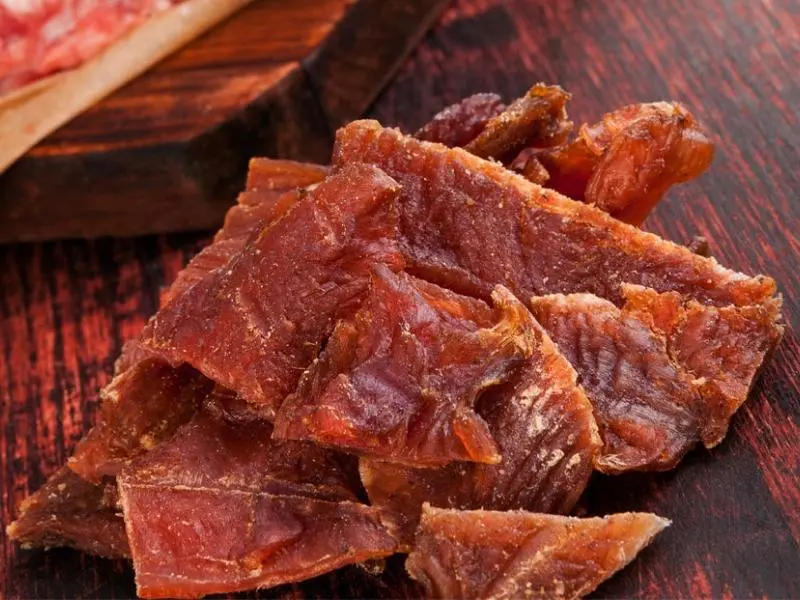
Depending where you are in the world you may have heard of jerky or biltong which are both forms of dehydrated meat. The preparation methods of these dehydrated meats are slightly different but they both achieve the end result of preserving your meat for a longer time.
Biltong is made by marinating your meat in vinegar and spices in order to cure it then add extra flavoring for taste. The meat is then air dried to the texture of preference. Biltong of the drier variety can last a long time if stored correctly in cool conditions.
Jerky if made by putting your meat in a type of wet marinade with spices, it is then dehydrated to preserve the meat. Without access to an electric dehydrator you can still make some form of solar oven or solar dehydrator to assist with this process.
As with biltong the dry variety of jerky can keep for a long period of type and it is another good storage method to do off grid.
Pressure Canning Your Meat
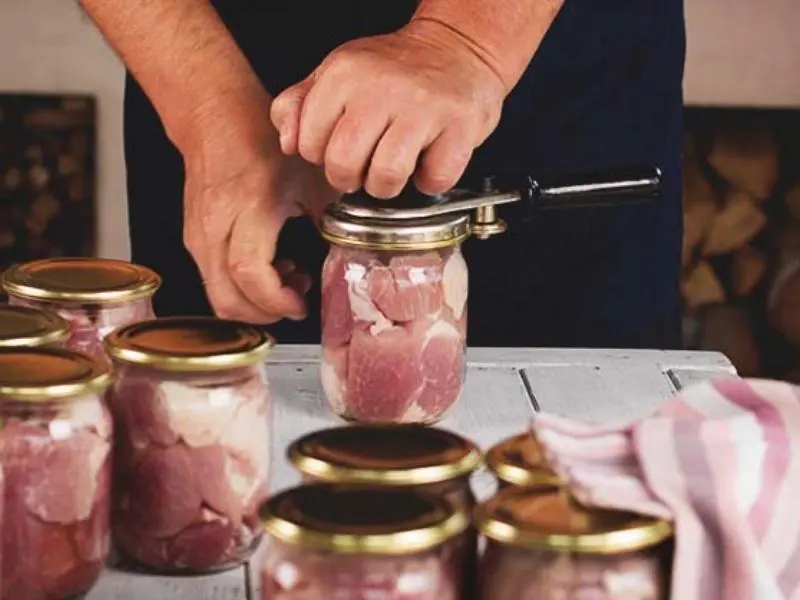
This option takes a bit more investment in the form of specialized equipment but if you already have the canning equipment then it is a great choice. Pressure canned meat can last from 2 to 5 years which is ideal if you are living off grid.
Meat needs to be pressure canned since it is a low acidity food. Canning prevents bacteria and germs from spoiling the meat.
It is possible to can your meat raw or hot or partially cooked depending on your preference. Jars need to be properly prepared and then the pressure canner can be placed over your heat to begin the process.
Making Pemmican
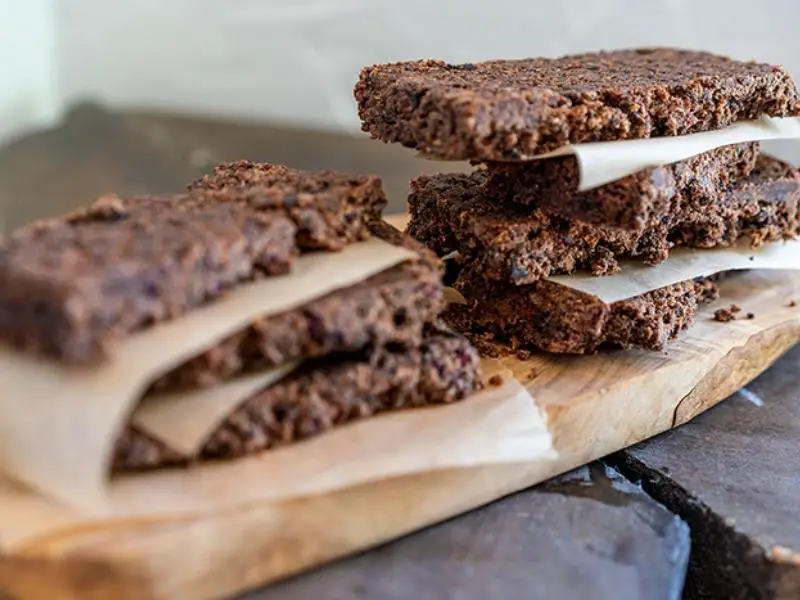
Pemmican is a popular meat storage option among preppers due to its ability to keep for a number of years and through extreme temperatures as well.
Pemmican was originally used by Native American by making a mixture of lard, dried meat on hand, and dried berries on hand as well to make a high-calorie, high-energy ration.
It is still a great option for off grid meat storage today.
Other Meat Storage Options Worth Mentioning
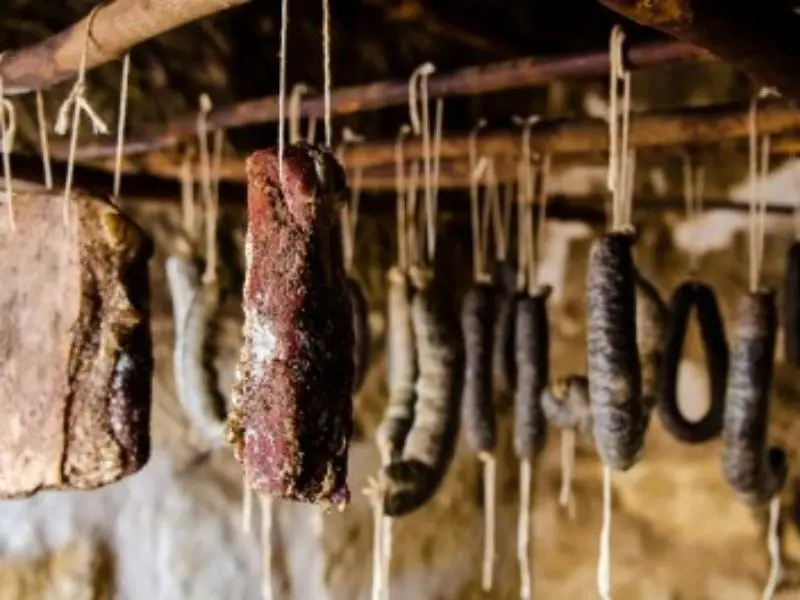
We have given some details on the more popular meat storage methods that are used off grid but there are a number of other options that can be mentioned. Some of these include confit meat, rillettes or potted meat, pâté, terrine and smoking your meat.
One big overall tip is using the cold to your advantage. If you stay in a colder climate then you could be able to store your meat for much longer just by sheer virtue of the natural temperature. In general there will be at least one room in your house that is cooler than the rest.
This could be a basement or room with no windows or insulation. This is the ideal storage space for your meat. Another option is to make a temporary cold cellar or permanent root cellar for cold storage of meat and other options.
Final Thoughts
The bottom line when it comes to meat storage proper processing and storage of meat is key to preserving it for as long as possible.
There are a number of possibilities when it comes to meat storage without electricity and it mainly comes down to preference and what will work for your personal circumstances.
If you follow the methods correctly you will have meat to use for a long time to come.